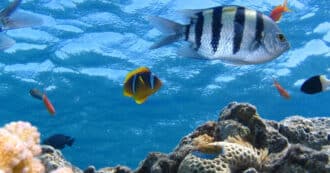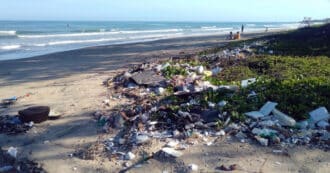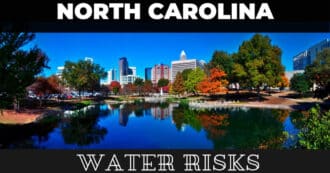By Yonatan Neril, ICSD Director
The largest and deadliest wildfires in California’s history took the lives of at least 83 people, burned 13,500 homes, and destroyed 200,000 acres. 563 people are still missing. It’s a tragedy for people and nature, especially in and around Paradise, in Northern California.
For decades, scientists have been warning how a hotter, drier planet will make wildfires more intense. The burning of millions of trees is one of the biggest wake up calls on climate change that we are going to get from planet earth.
South of the wildfire are five oil refineries which call the San Francisco Bay Area home. As millions of trees burn, people continue to extract, refine, and burn millions of gallons of oil. Huge tankers deliver oil to the refinery from Alaska, and tanker trains bring it from where it is drilled in California. Together the refineries produce 830,000 barrels of oil every day. They take crude oil and by heating it up they make it into other things like motor oil and jet fuel.
The presence of these refineries is surprising because the Bay Area, and California, pride themselves as being world leaders for sustainability. Yet the Bay Area and California still use fossil fuels to power almost all of their cars, trucks, and airplanes. This shows the extent to which humanity is addicted to fossil fuels. According to the Energy Information Administration of the U.S. Department of Energy, the transportation sector makes up 28% of U.S. energy consumption, and 92% of that is powered by petroleum.
https://www.facebook.com/interfaithsustain/videos/2029400653771530/The refineries are a litmus test of where California stands in regards to curbing climate change. Their operating at full capacity indicates the extent of the Bay Area’s dependency on fossil fuels. As a recent UN report on climate change states, if we’re going to really address the climate crisis and curb climate change we’re going to have to get off oil very soon.
It’s also an issue of environmental justice here. Because the fumes from these five refineries pollute low income and minority communities nearby, in Richmond, Rodeo, Martinez, and Benicia, where over 150,000 people live.Ironically, John Muir lived most of his life in Martinez, which now hosts two major oil refineries, three chemical plants, and several hazardous waste dumps. An oil pipeline from the Central Valley reaches the Shell Oil Martinez Refinery. The Chevron Richmond Refinery is the largest on the West Coast, and one of the largest in North America
The central narrative in the Hebrew Bible is the Exodus from slavery to Pharaoh. This is also a powerful and relevant metaphor for own lives and the biggest challenges that we face. We are addicted to consumer society, to fossil fuels, and to seeking self-serving pleasure. Those addictions are some of the roots of the climate crisis, and the burning of Paradise, CA last week. One of the powers of religion in addressing the climate crisis is its ability to identify the deeper rooted issues driving the crisis. We need to understand that we all have an aspect of Pharaoh within us, of an unhealthy addiction to something.
Yet we also have the power to break free and enter a more redemptive way of living. We can switch to solar and wind energy. Renewable energy has to be a top priority for society at this moment in history. What will it take to liberate ourselves from fossil fuels? What will it take to break the addiction?
Adam and Eve lost Paradise because they didn’t have the self-restraint not to eat the forbidden fruit. Now our Paradise—a stable climate and thriving nature and humanity—is being threatened by our consumerist habits and our addition to fossil fuels. The time has come for us to wake up and realize that we can live differently.
Here are a few practical actions you can take:
- Reduce air travel (and one’s consumption of highly refined jetfuel).
- Bike or walk to places close by instead of driving.
- Take public transportation.
- If you use Uber or Lyft, do a ‘shared ride.’








